

The Supreme Court hearing in Fiji.
Photo/Fiji government
Advocates call for balanced constitutional reform as Fiji Supreme Court hears major case
As the government seeks clarification on specific sections of the constitution, advocates are rallying against the perceived injustices, claiming it stifles dissent and violates citizen rights.


Inked across lands: How Pacific tattoo art is thriving in Germany

US funding cuts threaten to 'dry up' future of Pacific scientists - expert
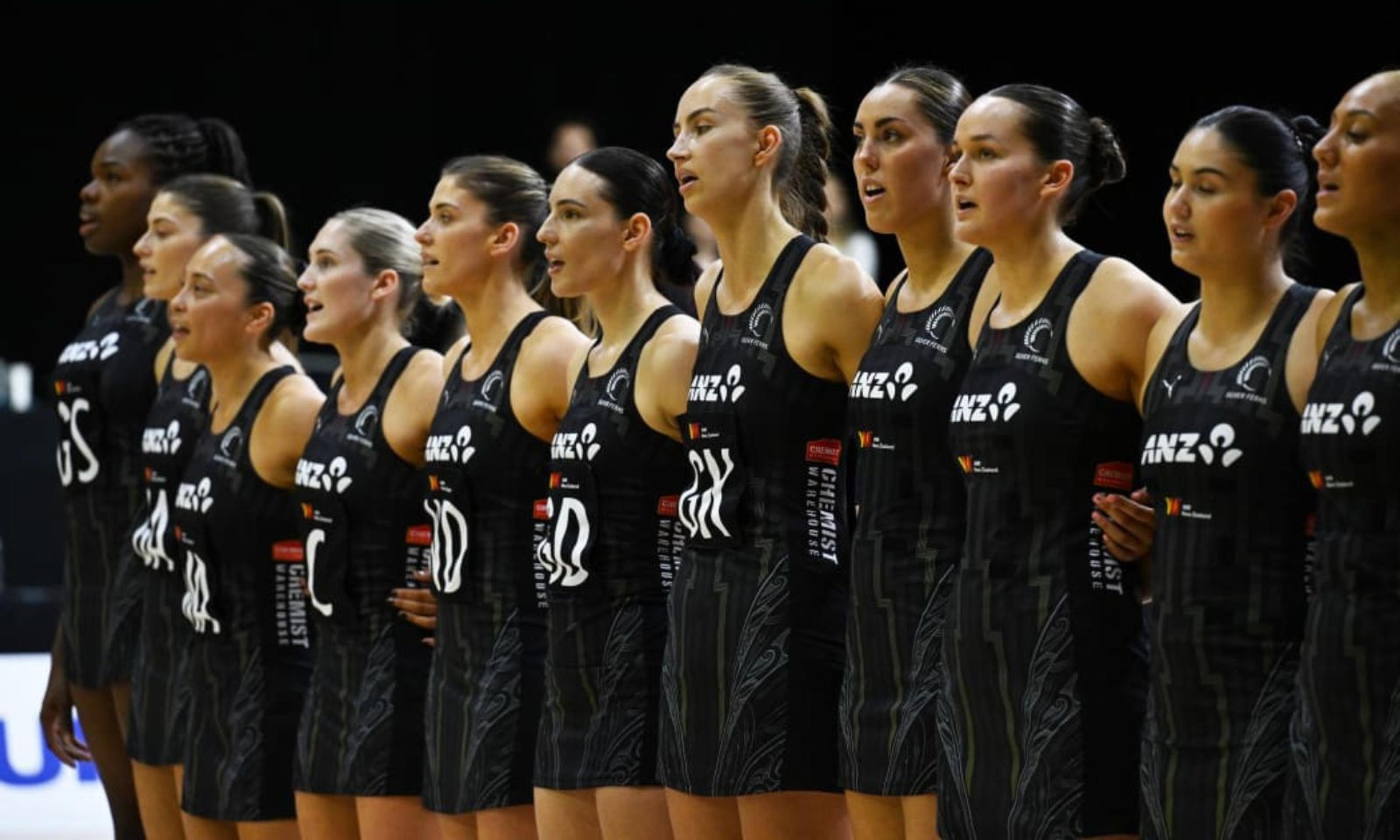


Inked across lands: How Pacific tattoo art is thriving in Germany

US funding cuts threaten to 'dry up' future of Pacific scientists - expert

The Fiji Human Rights and Anti-Discrimination Commission is calling on the Supreme Court to find a fairer way to handle changes to the country's constitution.
The commission raised its concerns over the 2013 Constitution's rigid structure and the potential threat to democracy and human rights.
But the Fiji Law Society states that the court must first determine whether the constitution is valid or invalid before ruling on any changes.
The constitution was designed to give all citizens equal rights and status, but it has become a hot topic in Fijian politics since it was adopted.
Critics argue that the constitution was forced upon the people by the previous government led by Frank Bainimarama and was written by the former Attorney-General, Aiyaz Sayed-Khaiyum, at the time. He denies the claims.
In this week's hearings, the Fijian government is seeking the Supreme Court's opinion on specific sections (159 and 160) of the constitution, which outline how changes can be made to them.
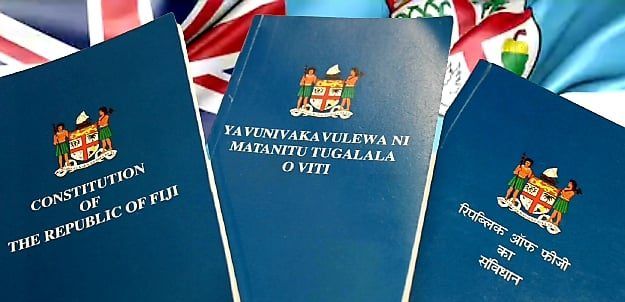
Fiji's Constitution. Photo/Facebook/Legal Aid Fiji
Many lawyers representing political parties, civil society groups, and politicians raised concerns on the opening day that the 2013 Constitution is unfair and should not be valid.
As the government seeks clarification on specific sections of the document, human rights advocates, including lawyers, are rallying against the perceived injustices they warn are embedded in the current constitution. They claim that it stifles dissent and violates citizens' rights.
Alefina Vuki, a lawyer and human rights commissioner, warns that if the process of making amendments is too strict, it can be hard to make necessary changes. But she says that if it's too easy, this can threaten democracy and human rights.
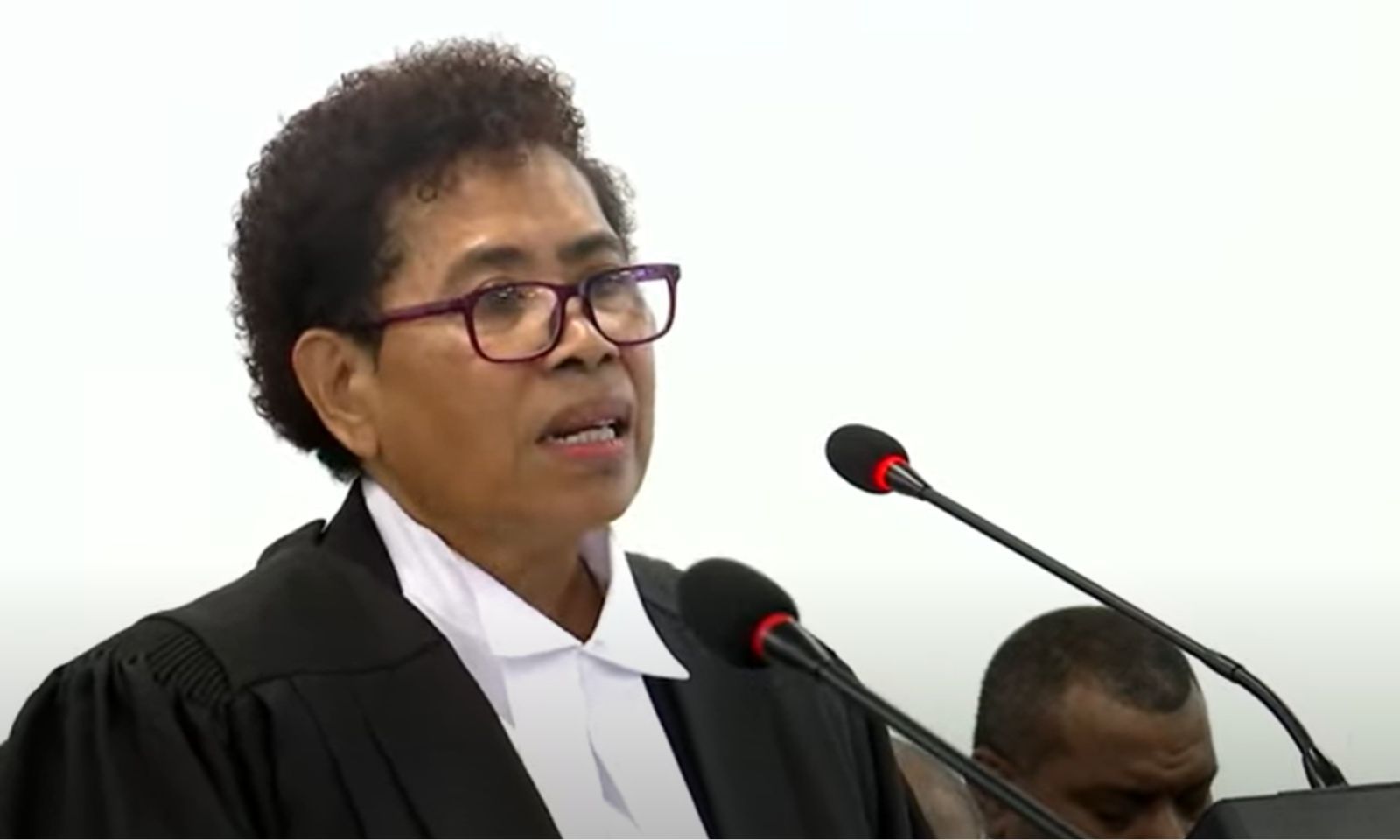
Alefina Vuki, a lawyer and Fiji human rights commissioner, warns that if the process of making amendments to the constitution is too strict, it can be hard to make necessary changes. Photo/Fiji govt
She told the court that the current constitution may be too rigid, which hinders reforms. Vuki also warned against making it so flexible that changes could be made without careful consideration, as both scenarios could damage democratic values and rights.
The Commission believes that the amendment process should ensure stability in the constitution.
“Our position is that we need to balance rigidity and flexibility in constitutional amendments,” Vuki told the court.
She also discussed how sections of the constitution that are harder to change might be approached, citing the doctrine of necessity. The concept has been used in Fiji during past constitutional crises to explain actions taken outside normal legal procedures.
Watch as Arthur Moses, lawyer for the Fiji Law Society, tells the Supreme Court on Tuesday that it has no powers to amend the country's constitution.
Vuki suggested that if the Supreme Court considers changing these sections, it could recommend that the government establish a special committee of constitutional experts.
The committee would help decide when a supermajority vote should still be required, especially to protect important human rights provisions.
In another presentation before the Supreme Court, lawyer Naomi Raikaci from the Unity Fiji political party, spoke about how the last 16 years in Fiji have seen citizens who tried to contest the 2013 Constitution silenced.
During her speech, Rakaci shared that Unity Fiji had submitted documents to help the Court understand the rights violations and intimidation faced by the people since the 2006 coup and the adoption of the current constitution.
Raikaci described a troubling environment where expressing dissent or protesting against the constitution leads to severe consequences.
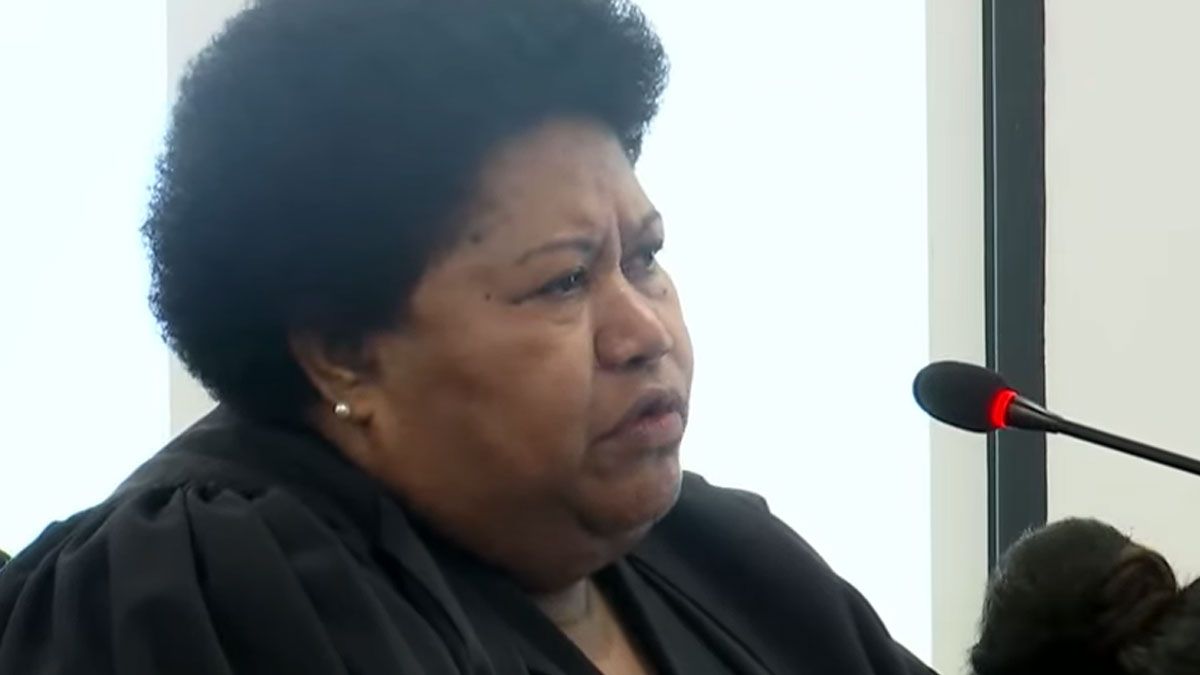
Lawyer Naomi Raikaci spoke about how the last 16 years in Fiji have seen citizens who tried to contest the 2013 Constitution silenced. Photo/Fiji govt
She conveyed that people have lived in fear, avoiding speaking out until the new government took office.
She cited a recent instance in Rakiraki, where residents managed to march peacefully to show their disapproval of the 2013 Constitution, demonstrating that voices of dissent still exist in Fiji.
She says Unity Fiji plans to legally challenge the legitimacy of the 2013 Constitution, as stated in its election manifesto.
The party is seeking financial support from the public to pursue their case, which they originally intended to file in October.
Raikaci says that, fortunately, the ongoing constitutional reference has provided them with an opportunity to have their concerns heard in court.
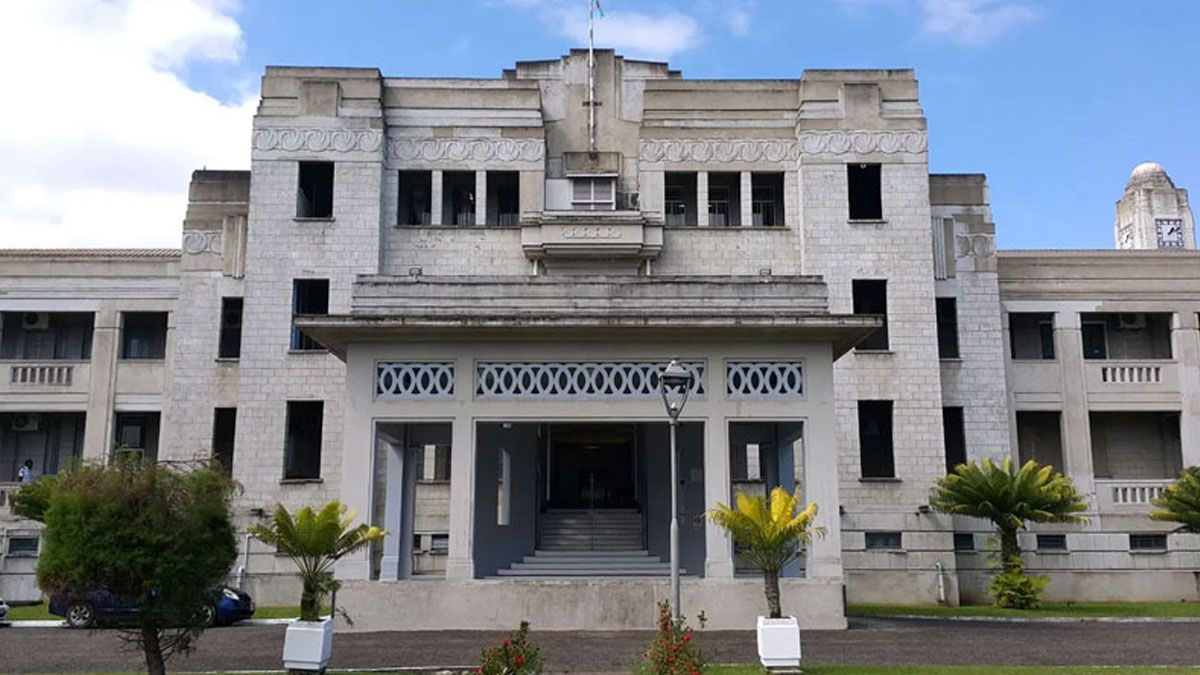
Photo/Fiji govt
The five-day hearing continues, and the parties represented include: for the State, King’s Counsel Bret Walker and Fiji's Acting Attorney-General, Siromi Turaga. People's Alliance Party: Redwood Law. National Federation Party: Munro Leys. SODELPA: Dayal & Associates. Seruiratu faction: KS Law. Naivalurua faction: Vakalabure Lawyers/Trition Law. Fiji Labour Party: Karunaratne Lawyers. Unity Fiji: Ravono & Raikaci Law. FHRADC: In-house counsel. Fiji Law Society: Howards Lawyers.